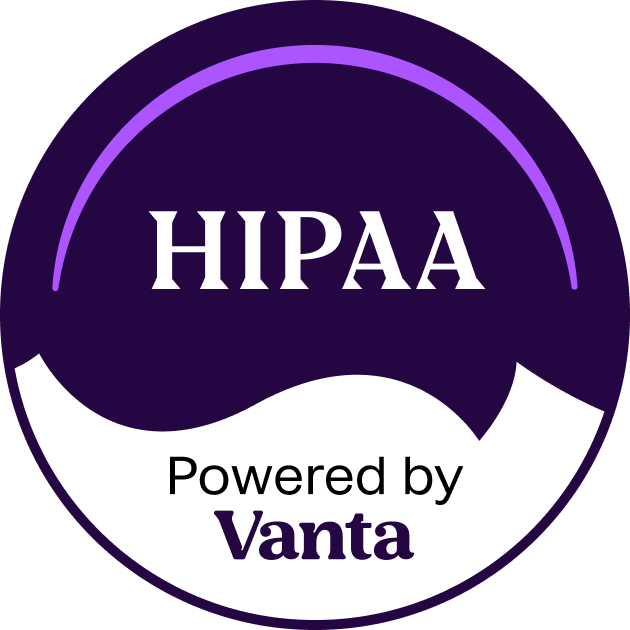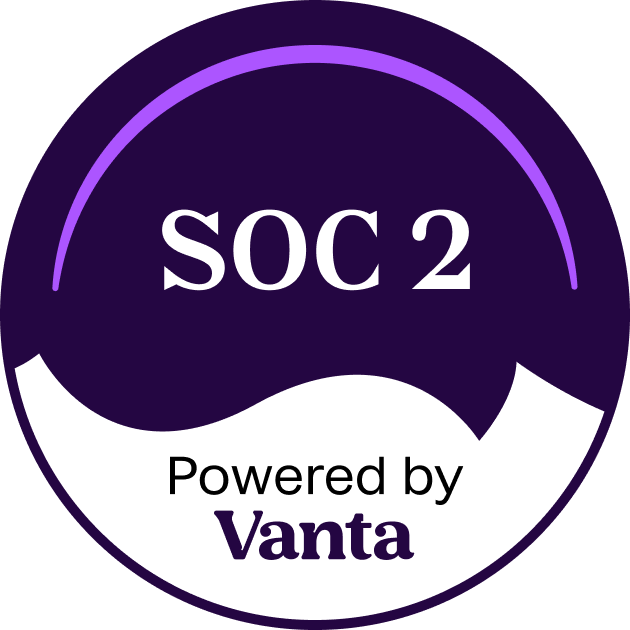Matt's Journey With Addiction Recovery and Mental Health Medication
Do I need to continue my mental health medication now that I’m sober?
I was recently reading this article about a psychiatrist that kept his own mental health meds a secret because he was concerned about the stigma surrounding mental health meds.
As I was reading the article I had two thoughts:
- This doctor is a Rockstar. It is one thing to recognize that stigma is affecting your behavior, but another to share publicly, openly, and vulnerably about it.
- I realized in all of my writing that I had never addressed the fact that I take medication for depression/anxiety, and that the decision to take medication after being in recovery was not an automatic one for me due to my own fears about stigma.
I’ve been on, off, and on SSRI’s (antidepressants) for depression and anxiety in the eight years I’ve been sober.
I thought a great way to walk through my experience with mental health medication in recovery would be to explain my experience in general with SSRI’s, and then the process I went through in either deciding to start or stop medication with my Psychiatrist.
In general, I’ve always viewed the decision to start taking SSRI’s for depression/anxiety as a last ditch effort. Basically, when I’ve become so miserable, and overcome with worry, that I’ve literally ceased to function.
This is really unfortunate for a few reasons:
- When my depression and anxiety are really bad I am not only not able to function, but I can’t make any meaningful progress in therapy either.
- Medication works well for me, so there is no reason for me to be in that much pain.
- When I am depressed and anxious it doesn’t just affect me. Like my addiction, it affects everyone around me.
- It is well known that you are much more likely to relapse if you have untreated mental illness.
In general, what prevented me from starting, or staying on medication for my mental health, was the thought of being beholden to a pill everyday.
In my head, it felt too similar to how I felt when I was addicted to opiods. In hindsight, this couldn't be further from the truth.With opiods, and other drugs:
- I got high immediately.
- I continuously craved more.
- My life revolved around finding and using more drugs at all costs to the detriment of everything I care about.
In contrast, my experience with mental health medication is that I start taking it, and then 4-8 weeks later, I realize that I’m not anxious and depressed all the time.
It is that subtle.
If I were to make an analogy that is easy to understand:
When I’m extremely anxious or depressed, and not treating it, it feels like I’m walking around with a 100 pound backpack filled with feathers. When I’m finally weighed down enough to start medication, it is as if that backpack is being lightened one feather at a time over an extended period of time.
Given how effective I keep saying mental health medication has been for me, why have I stopped taking medication in the past?
Early Sobriety - On Medication
There are different reasons that I stopped taking medication at different times during my life. When I first got sober, I just wanted to know what it felt like to be off of everything. And while I was in treatment, that was okay for me.
Once I exited treatment, and re-entered the world newly sober, I found that I was extremely overwhelmed, anxious, and depressed. I decided, with my Psychiatrist, that I would try medication again. Once I found a combination that worked for me, I found it gave me the space to work through my feelings in a productive manner and continue in my recovery.
Two Years Sober - Off Medication
However, I still had the idea in my head that I wanted to be off all medication in the future. I set the goal to be off medication by the time I got married two years later. And again, in conjunction with working with my Psychiatrist I was able to meet that goal. I was medication free for about four years after that.
Six Years Sober - Present (8 Years) - On Medication
In January of 2020 (before COVID was a thing), I found myself filled with crippling anxiety and depression again. I restarted therapy 6 months prior noticing that my mental health was deteriorating, and frankly wasn’t getting any relief.
The final wakeup was when I went on a work trip to LA and had a panic attack. I went straight from the airplane to an urgent care center to make sure I wasn’t having a heart attack.
After that experience, I called up my Psychiatrist and asked to make an appointment to consider starting medication again.
Since I’ve been on medication for about a year and a half now, it has given me the space to make progress in therapy, and thankfully all of the depressive and anxiety symptoms I have are now at
manageable levels.
My Future On Medication
I recently met with my Psychiatrist to discuss going off medication since I’ve been stable for a while, and we decided together that it doesn’t make sense right now for the following reasons:
- I’m about to have a second child - which is amazing but stressful.
- I have no side effects from the medication I’m on.
In other words, the benefits of being off medication are that I can say “I’m off medication” (why do I even care), and the risks are that I end up in urgent care again thinking I’m having a heart attack.
So do you need to stay on mental health medication now that you’re sober?
That is up to you and your Psychiatrist. However, a good question to ask yourself might be:
“Is the reason I don’t want to start, or I want to stop medication, stigma?”
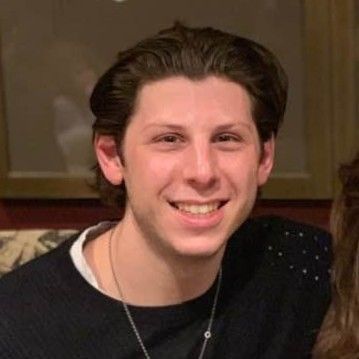
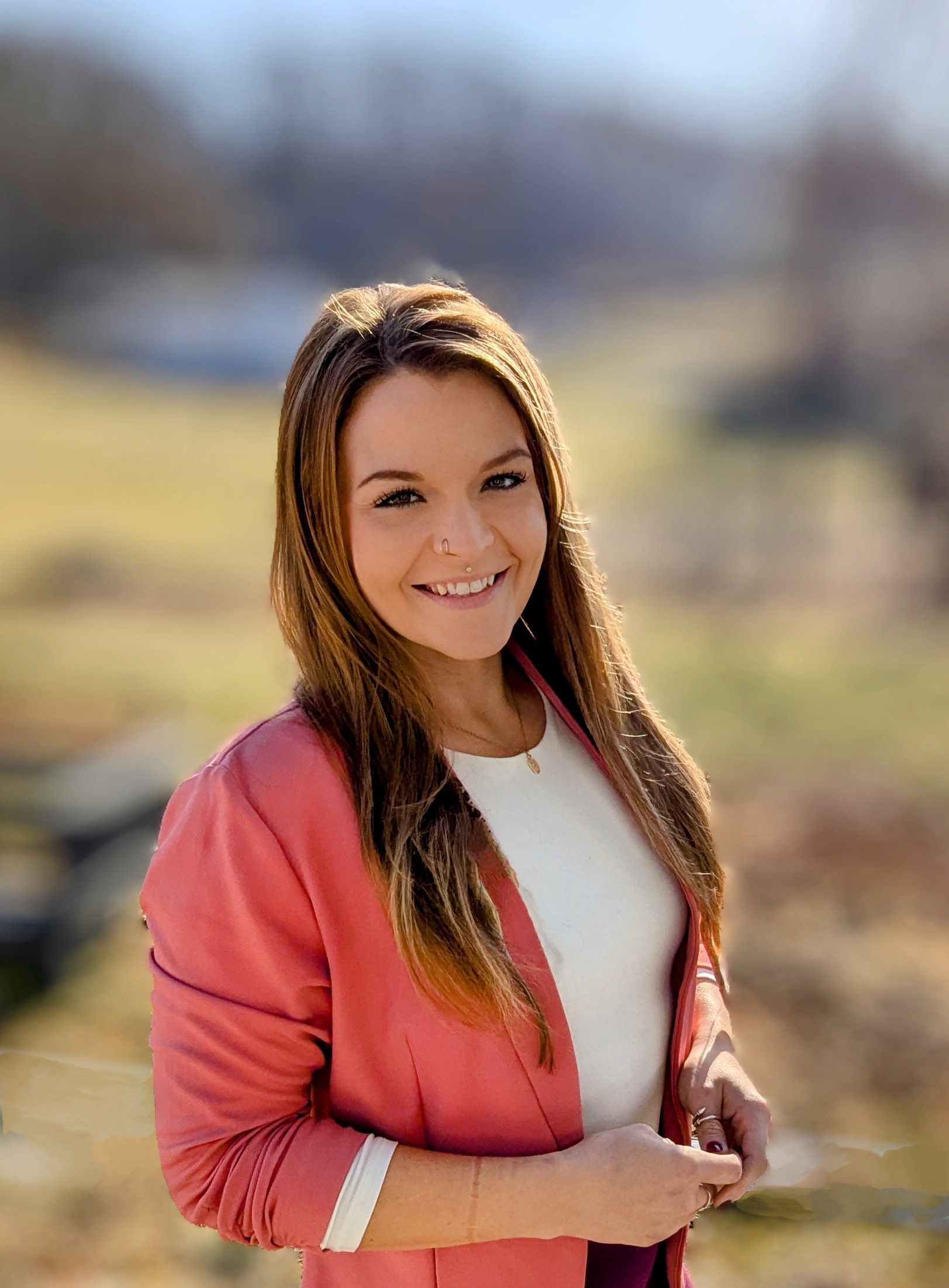
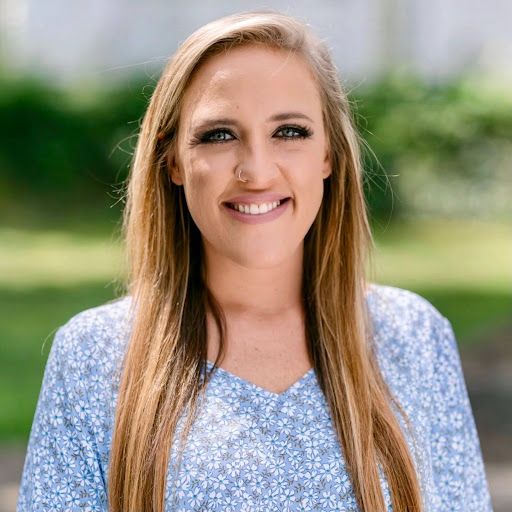
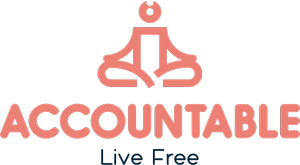
hello@youareaccountable.com
(646) 450-7641
